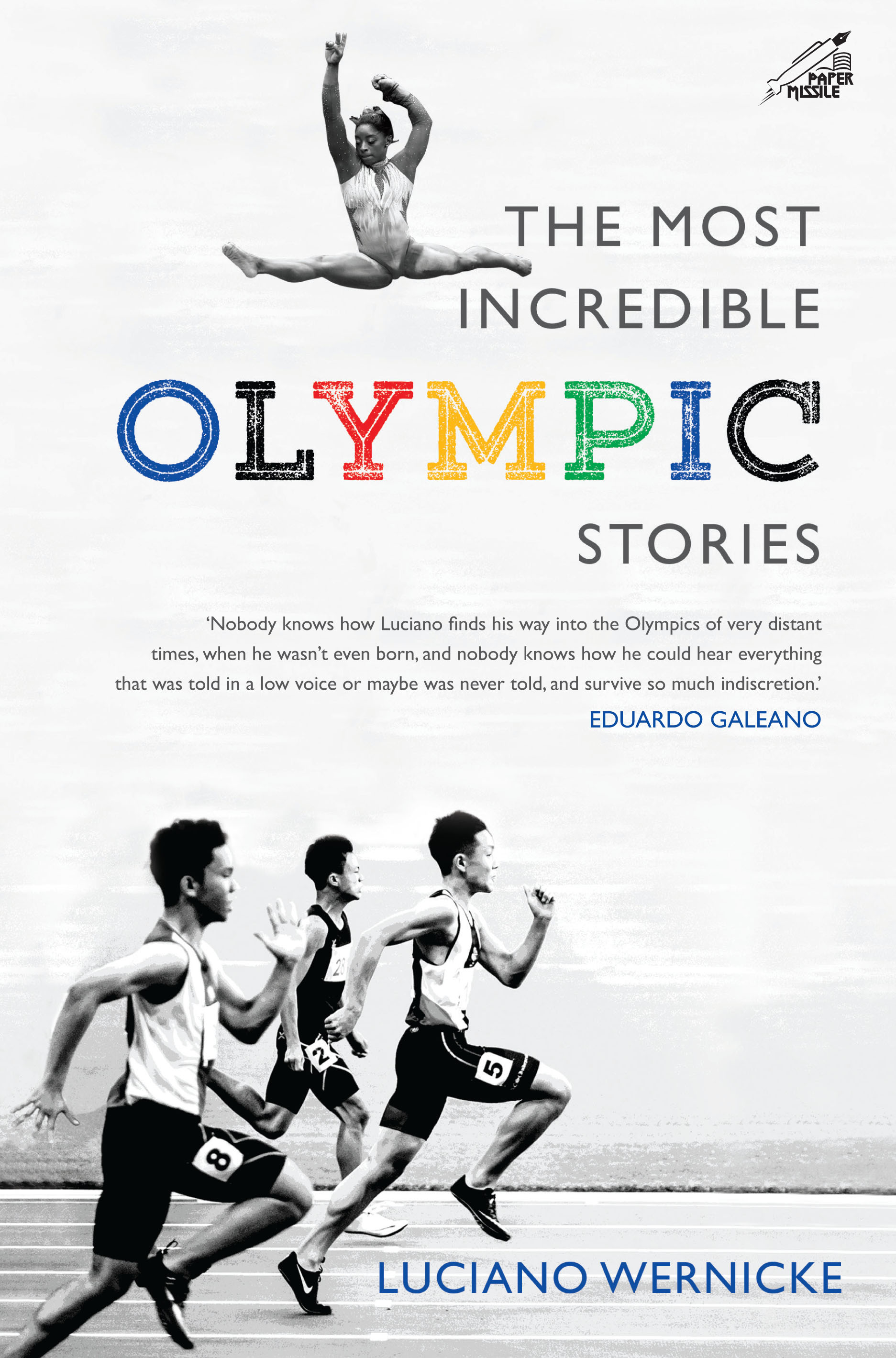“Olympics Has Stories Of Human, Social And Political Content”- Argentinian Author Luciano Wernicke


Luciano Wernicke was born in 1969 in Buenos Aires, Argentina. As a journalism graduate from the University of Salvador, he worked in the sports media such as the magazine El Gráfico and the newspaper Olé. He also taught journalism techniques and text composition at the Círculo de Periodistas Deportivos for about 20 years. In 2019, he was an assistant to the Costa Rica National Football Team manager, Gustavo Matosas.
Wernicke is the author of numerous books on sports such as The Most Incredible World Cup Stories, The Most Incredible Football Stories, Doctor and Champion, Duel Never Won (a comparative biography of Lionel Messi and Cristiano Ronaldo), etc.
The Kolkata Mail’s correspondent caught up with the writer about his new book The Most Incredible Olympic Stories. Excerpts..
You have written many books on soccer. What prompted you to write a book about the Olympics?
Luciano Wernicke- “The Most Incredible Olympic Stories” was my second “international” book, after “The Most Incredible World Cup Stories”. I decided to do it because I knew that the games could not only offer me curiosities about sport but also stories with a high human, social and political content, which for me are the most important issues when it comes to dealing with sports history. It did not disappoint me: in addition to delving into an event that already in ancient times fascinated figures like the Roman Emperor Nero, I found beautiful stories that inspired me to write very funny and interesting stories.
You have written about the Olympic Games from its inception until 2016. Can you tell us about the type of research you did to write about the Olympic Games (especially about the past)?
Luciano Wernicke- Mainly, I researched through books and newspaper online archives of European and American press. From the information I found, I wrote the stories that make up each chapter (one per edition of the Games), as well as an introduction with the most relevant sporting events of each one.
What was the biggest challenge for you when writing about the Olympics?
Luciano Wernicke- The main one consisted of writing about sports that I did not know in-depth. However, I always worked from a different point of view, focused on social rather than sporting events.
Since you write so much about sports, what is your favorite sport?
Luciano Wernicke- Football, by far is my favorite sport. If you asked me to organize a podium with the sports that I like the most, the three steps would be occupied by football.
How important will you be to sport?
Luciano Wernicke- A lot. For its health contribution when we practice it, and emotional when we witness it as spectators.
If you face writer’s block, how do you overcome it?
Luciano Wernicke- A few years ago, I used to walk my dog. As we walked through the park together, very interesting ideas sprang up. Now, with two young children at home, I relax by listening to music or watching something on television to distract myself but it’s not the same!
What advice would you like to give amateur writers who want to write about sports?
Luciano Wernicke- I don’t know if I can give advice to anyone. But I can tell you that if you love writing and love sports, nothing can be better than combining both passions. I once read a phrase attributed to a Greek philosopher that more or less meant: “Find a job that you like and you will not work in your life.” I found it, thank goodness.
What’s next in line for you as an author?
Luciano Wernicke- I have just finished a biography on Diego Maradona, together with his former personal fitness trainer, and I also have almost finished a book on football and politics, which reveals how the sport was used by dictators, politicians, and drug traffickers around the world to manipulate the masses.
The Most Incredible Olympic Stories is indeed a great book to read to know more about the Olympic Games over the years.
